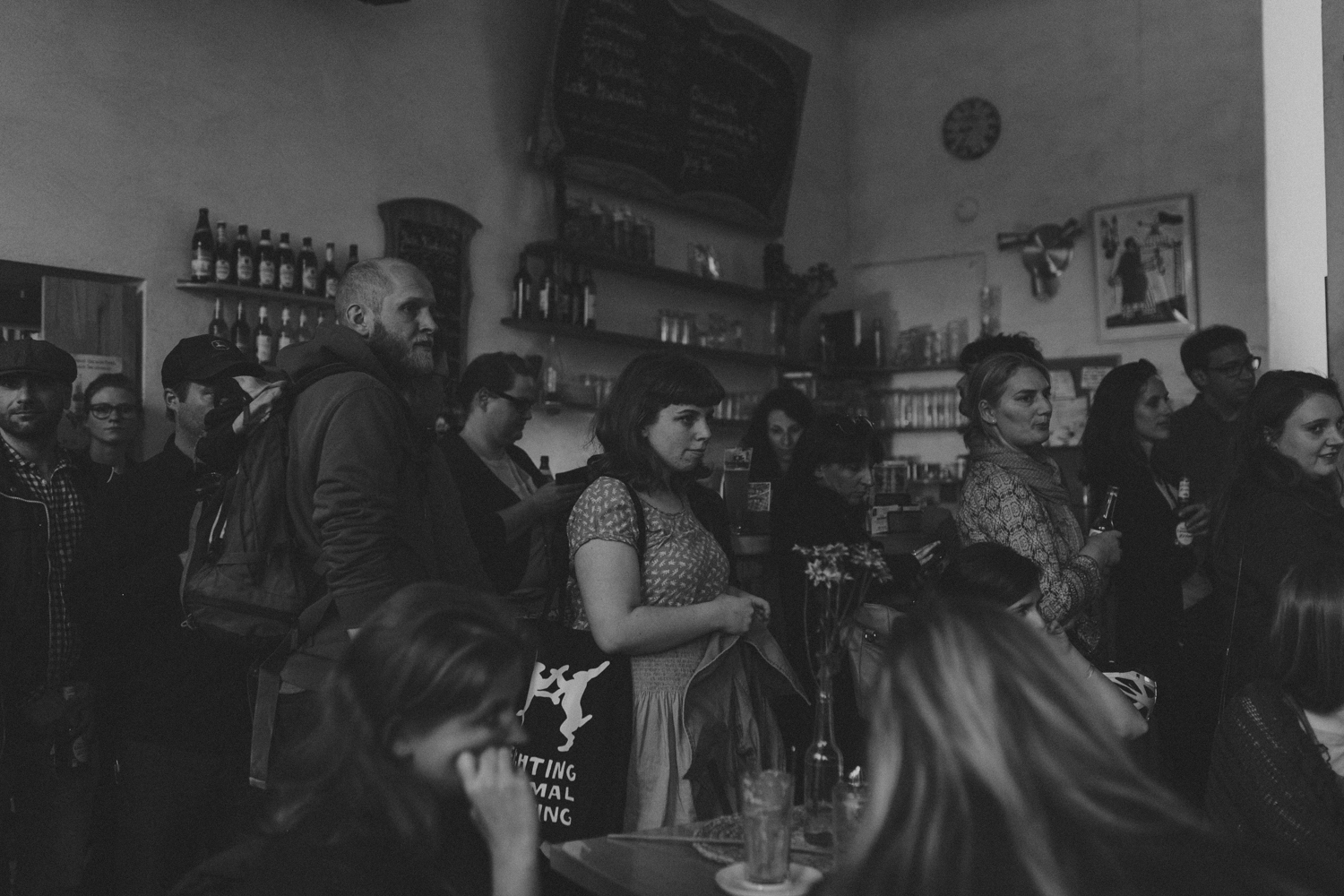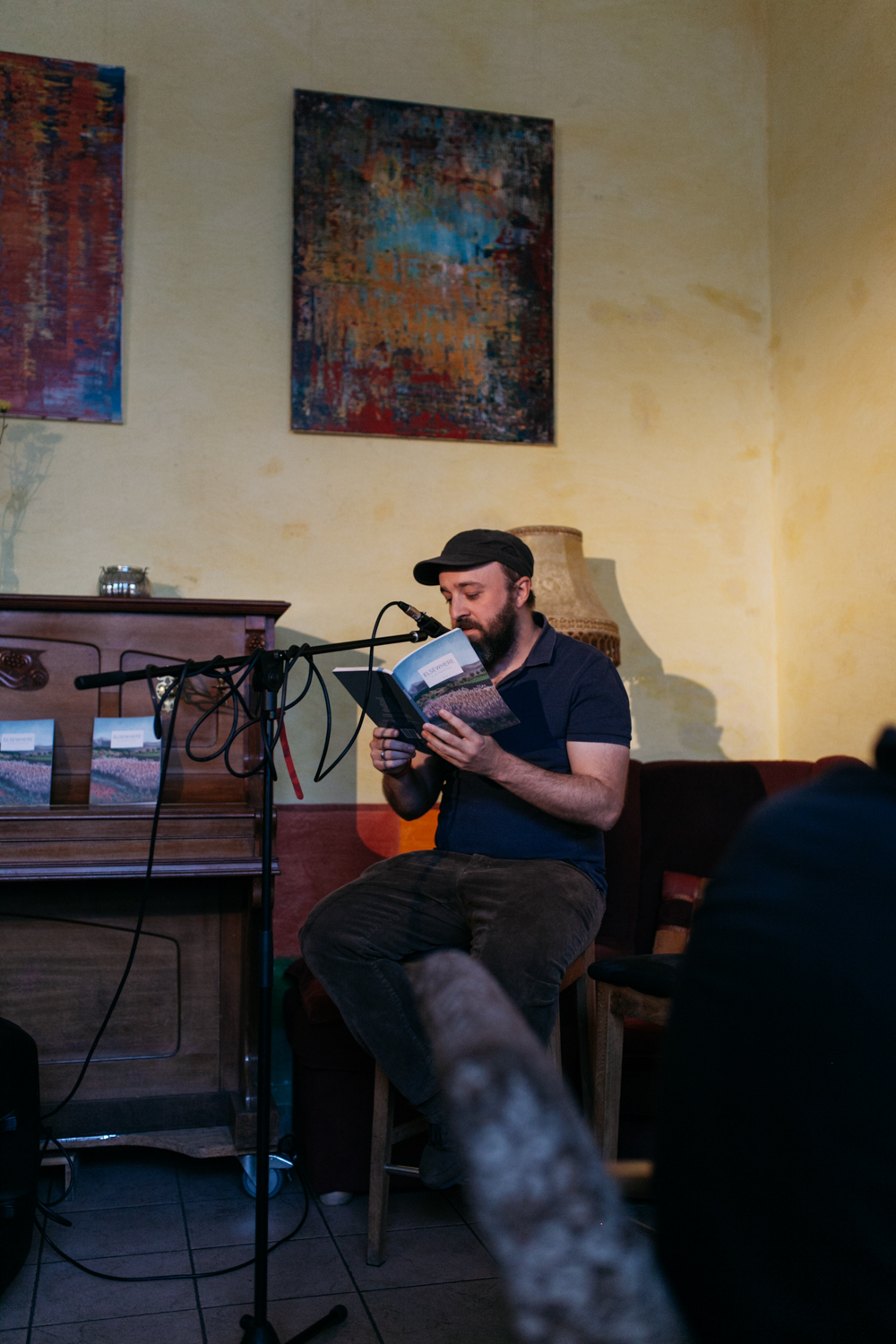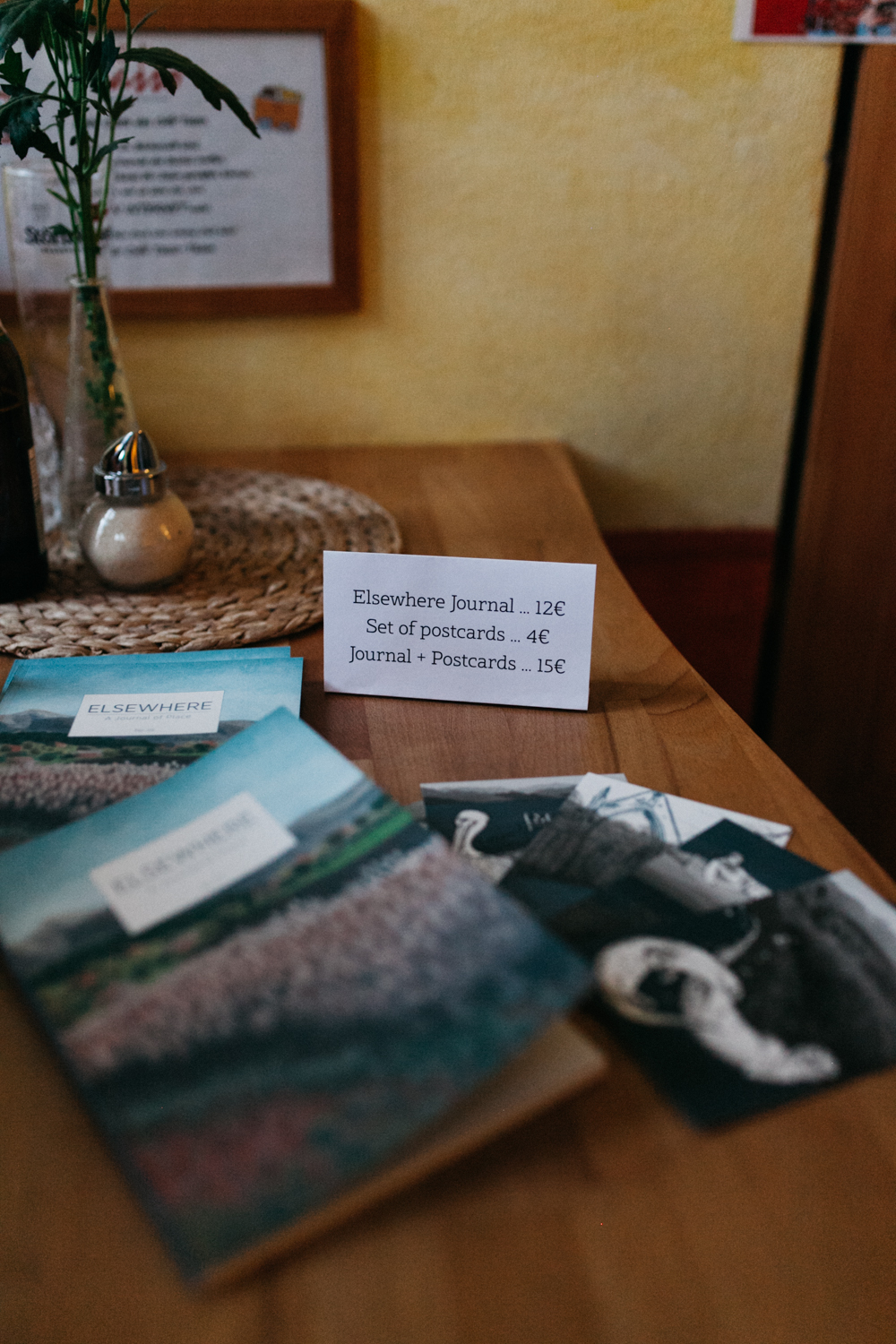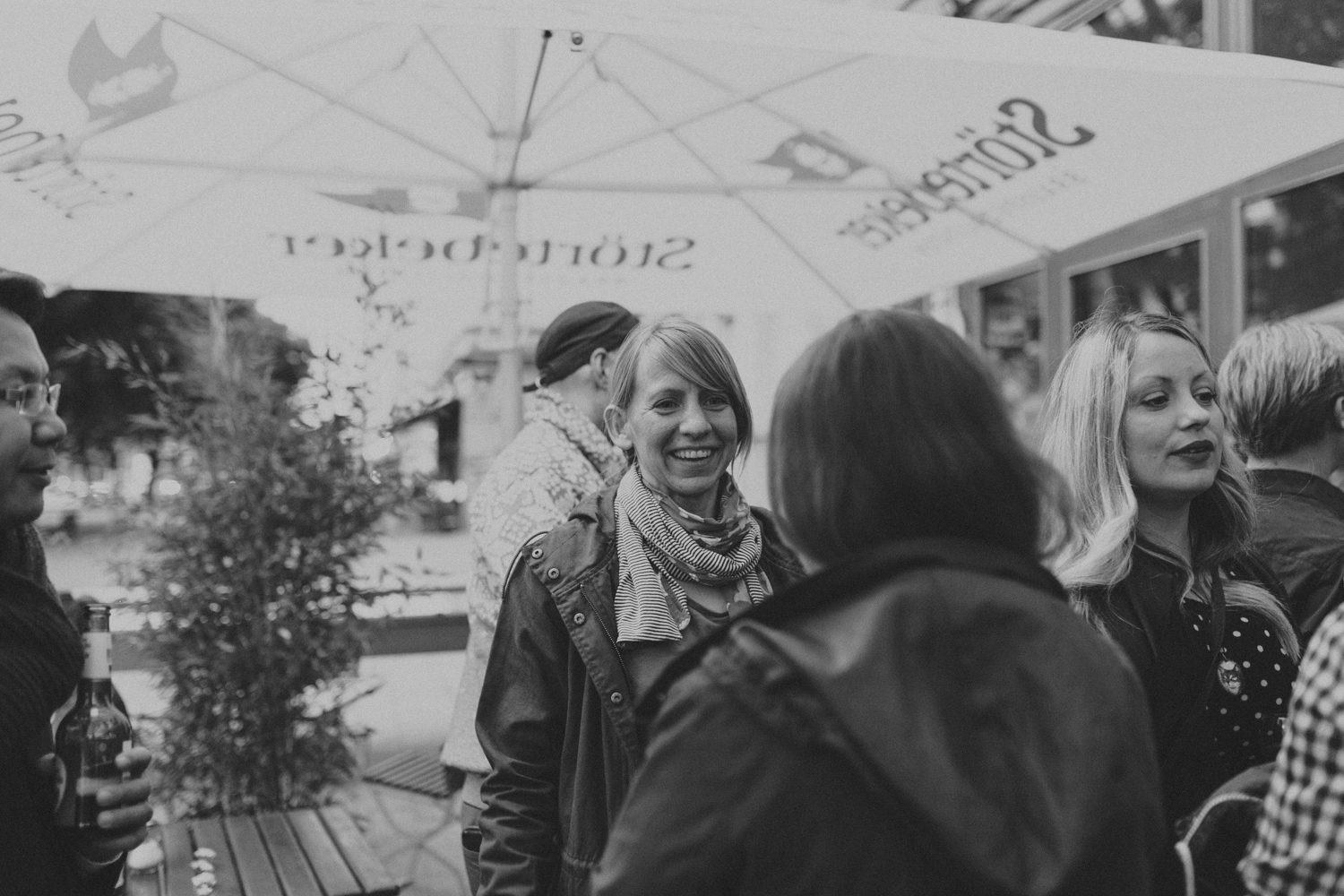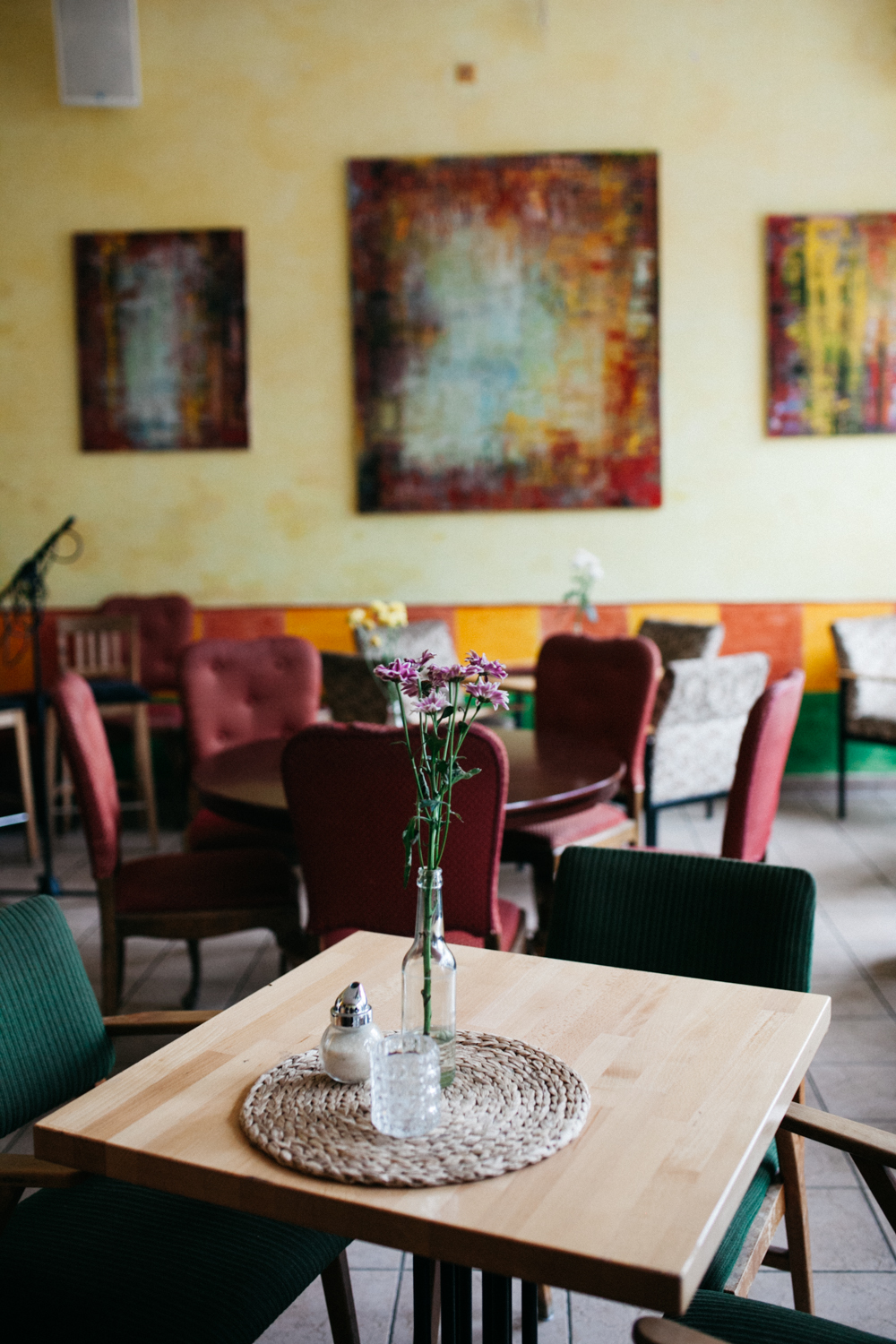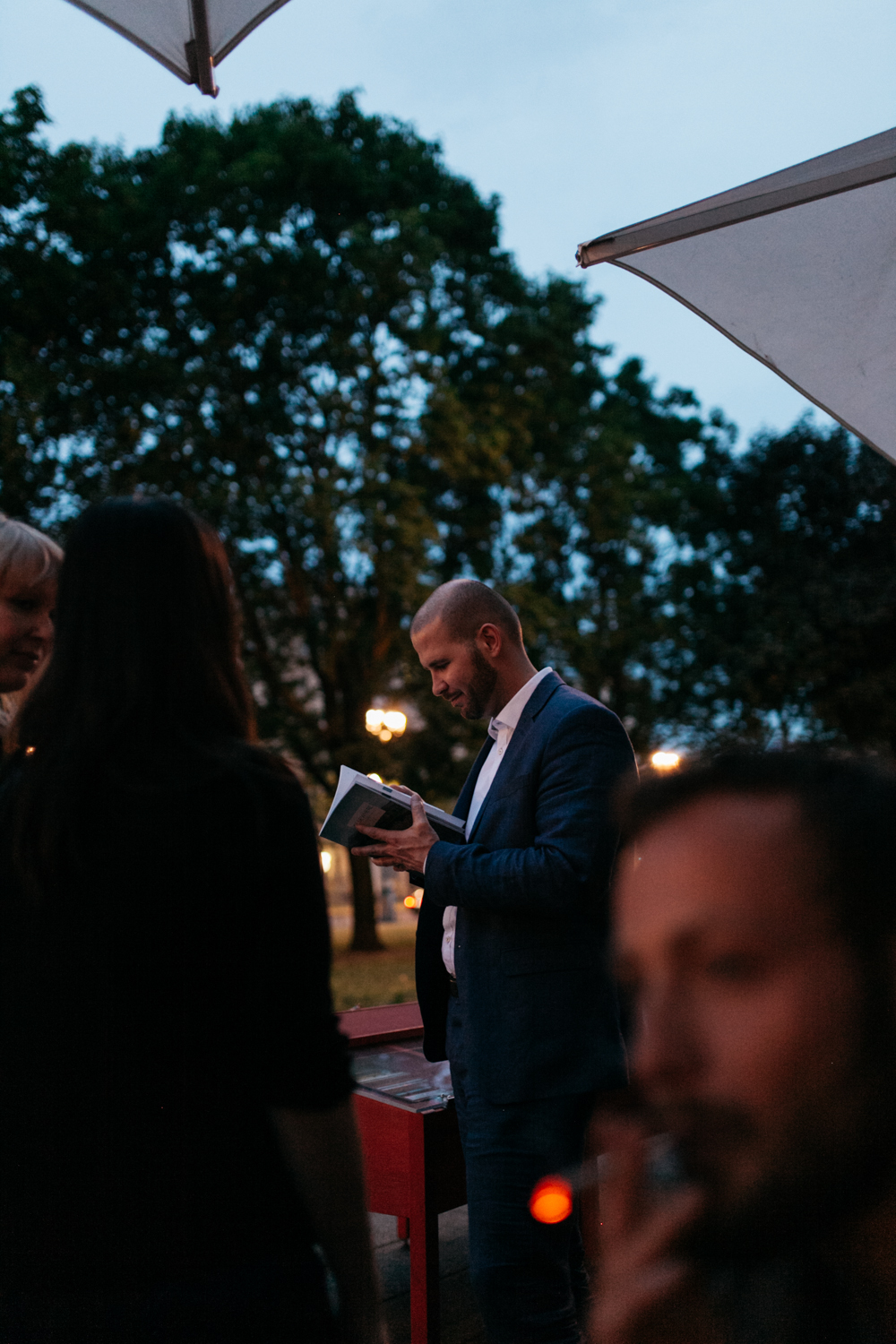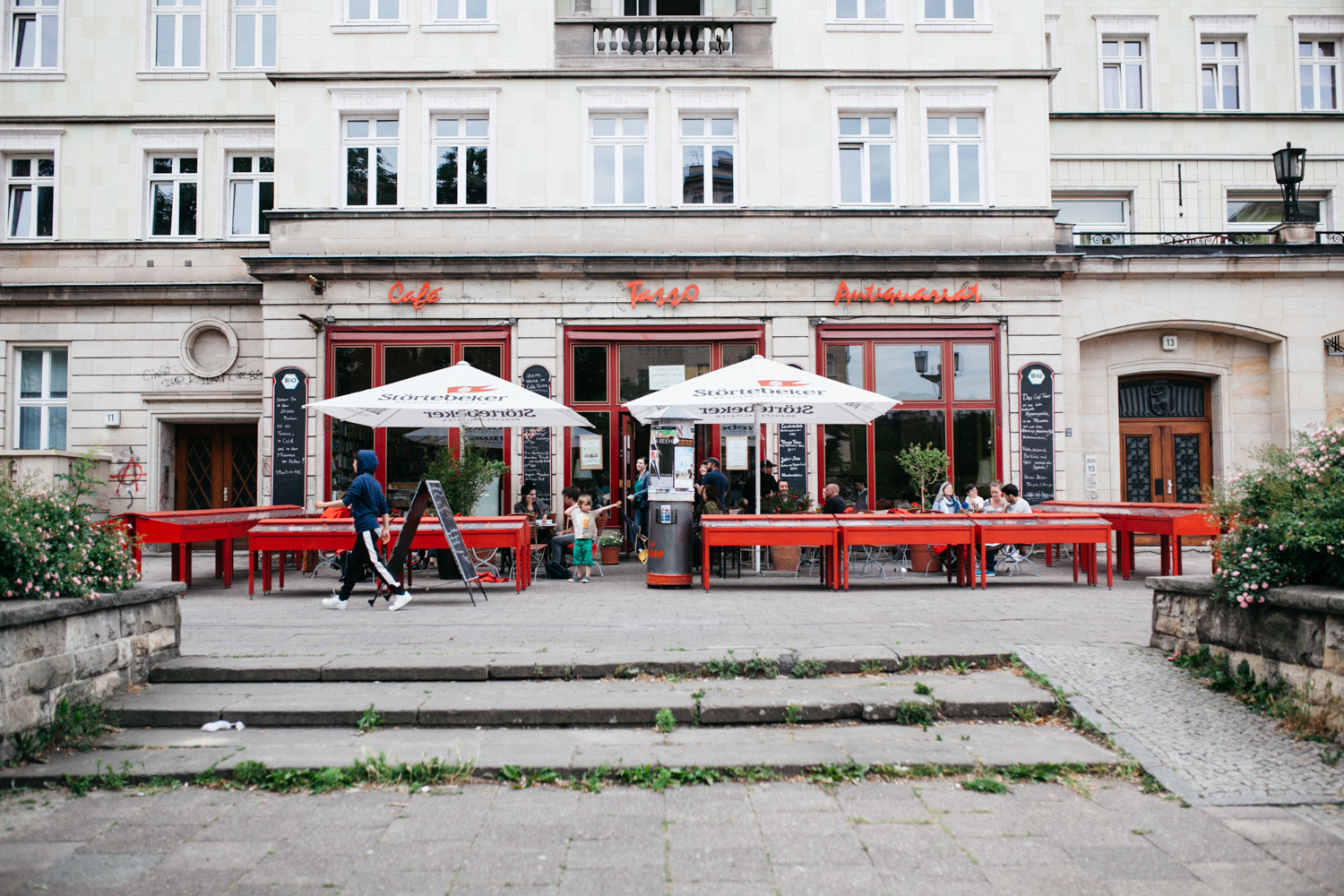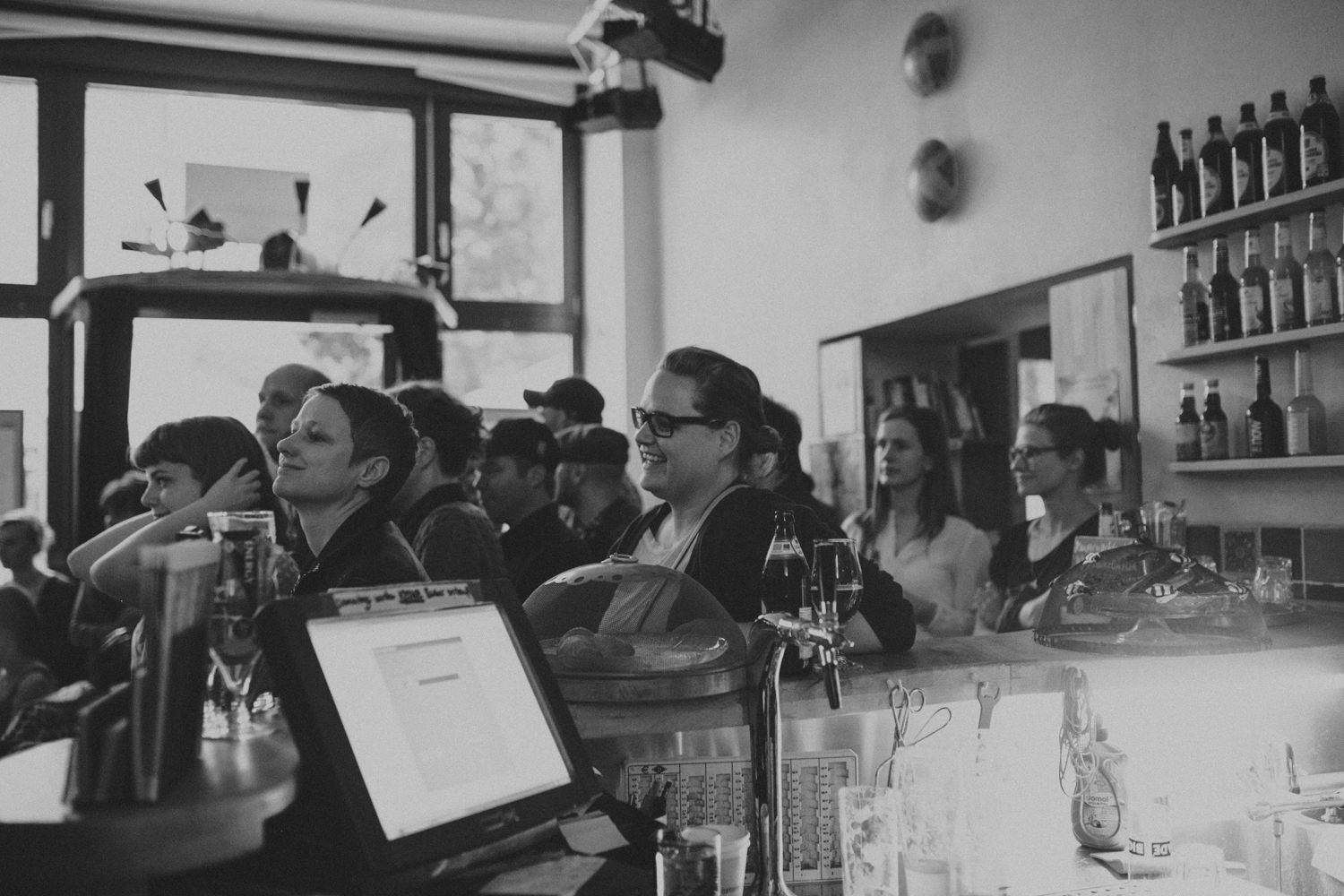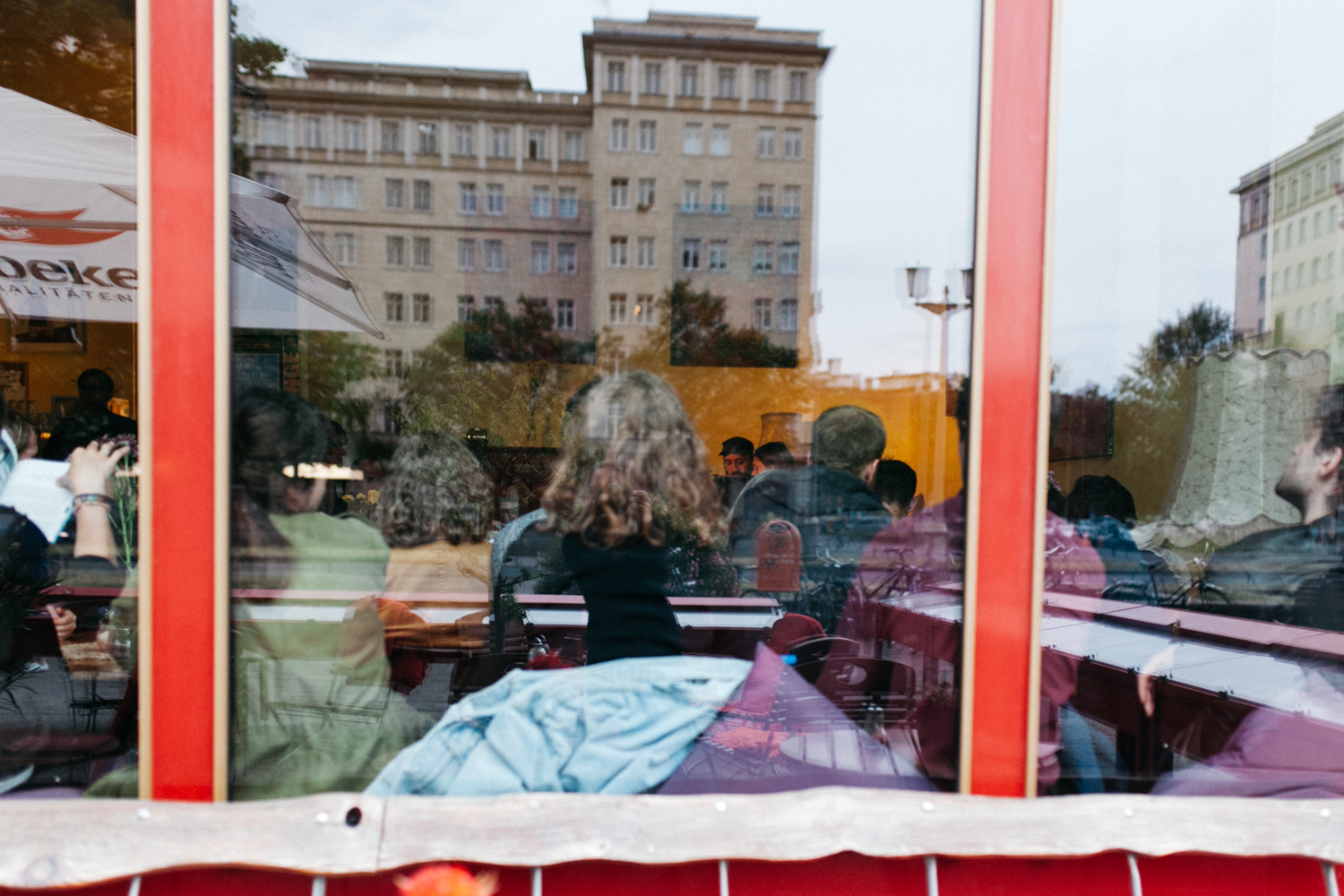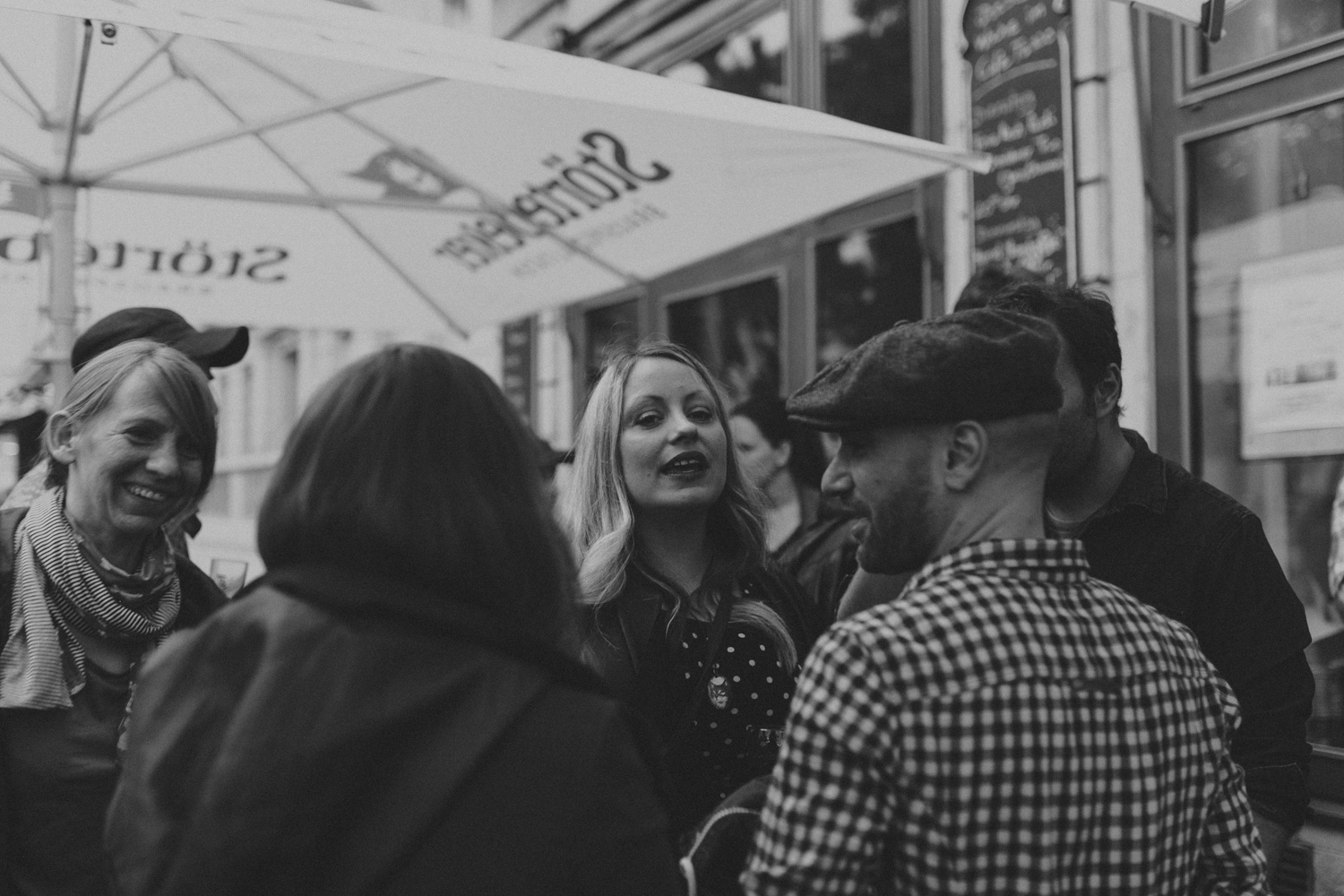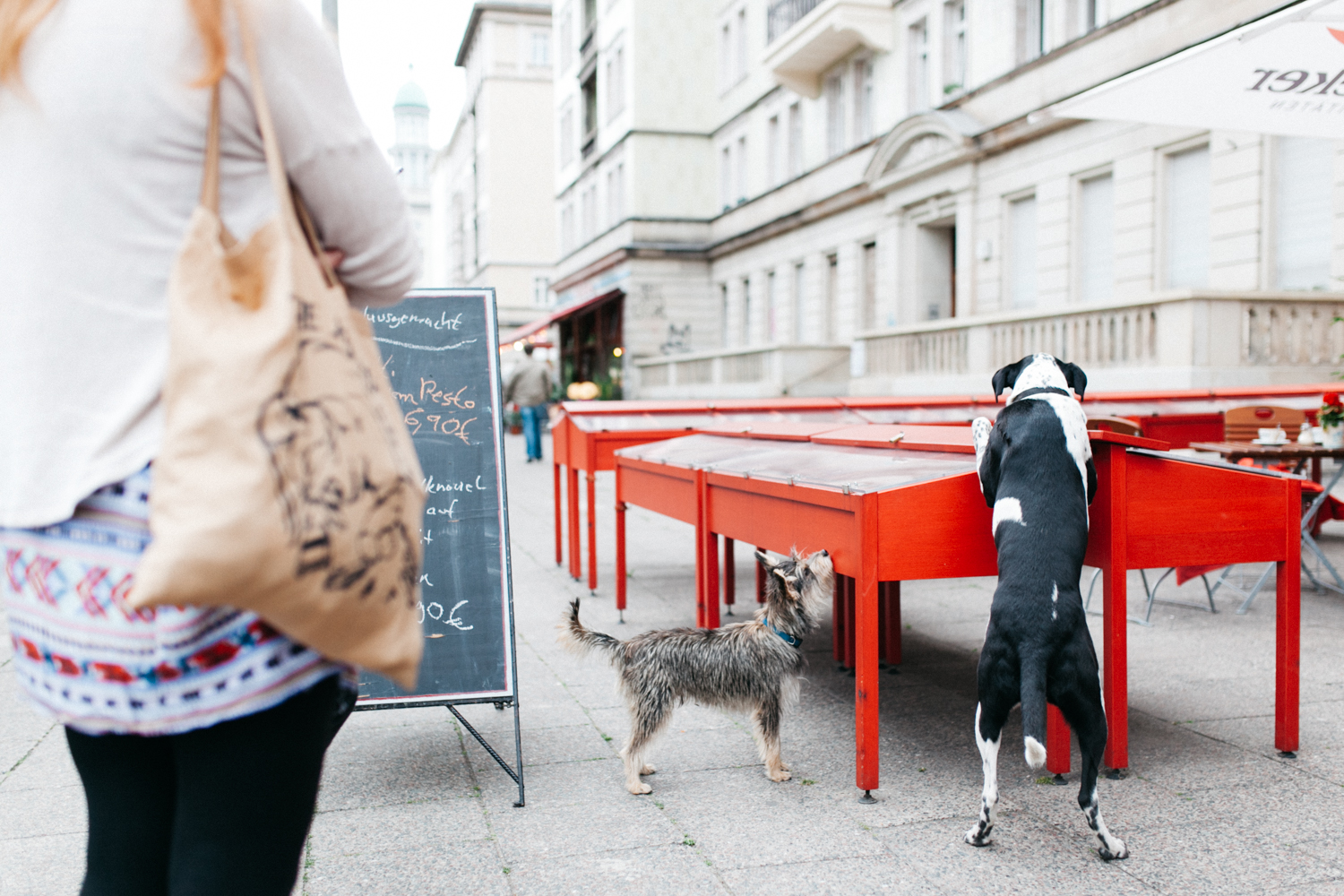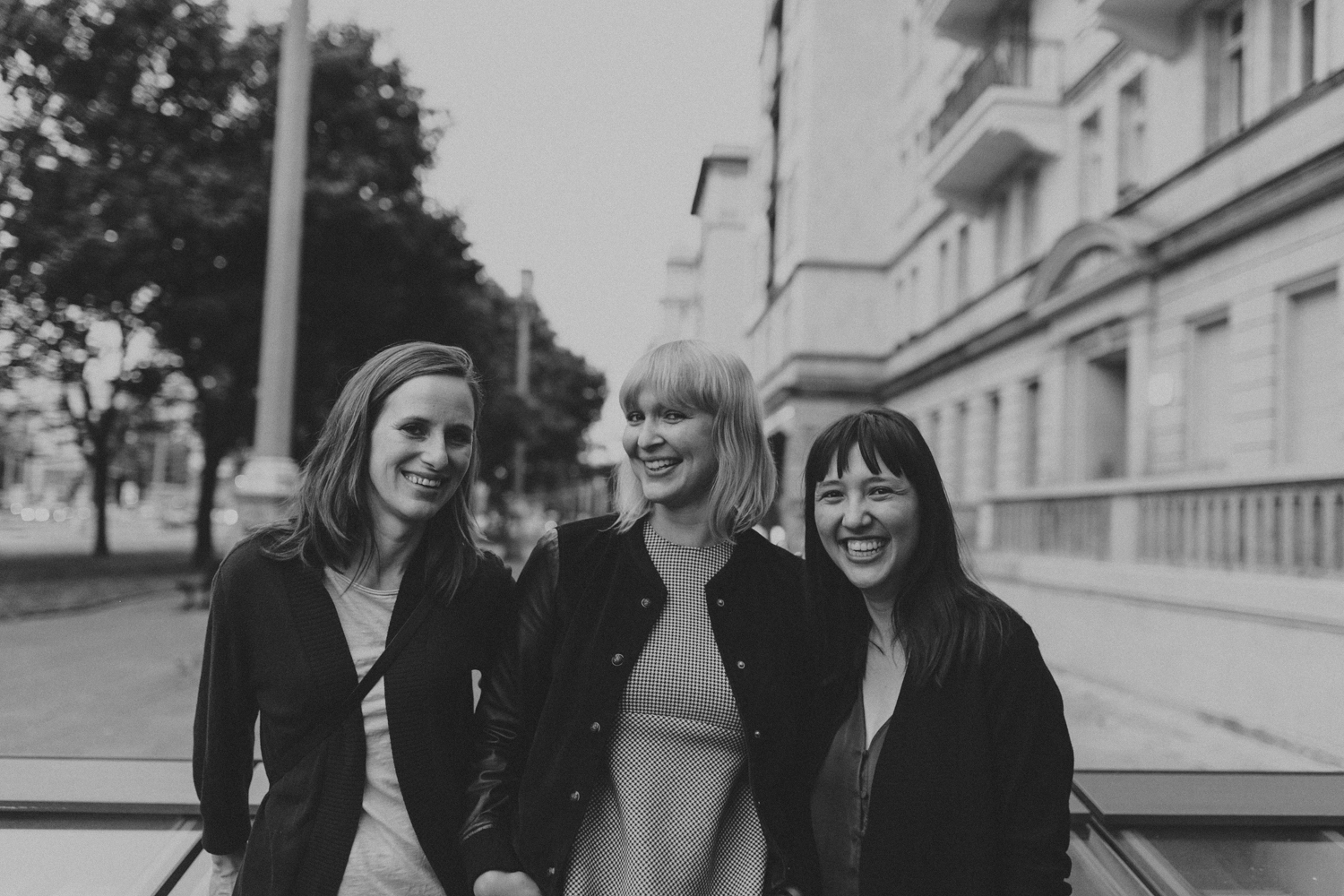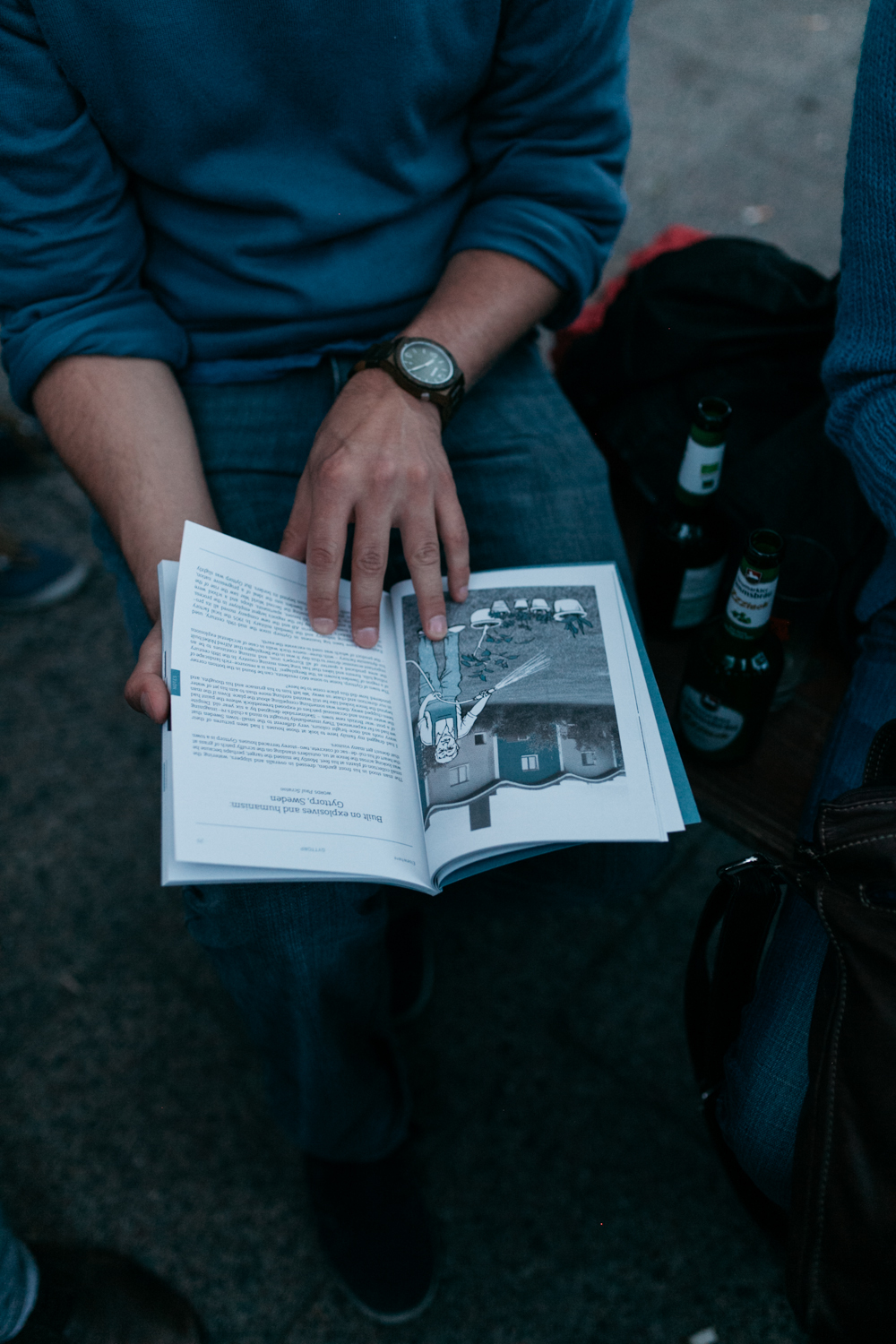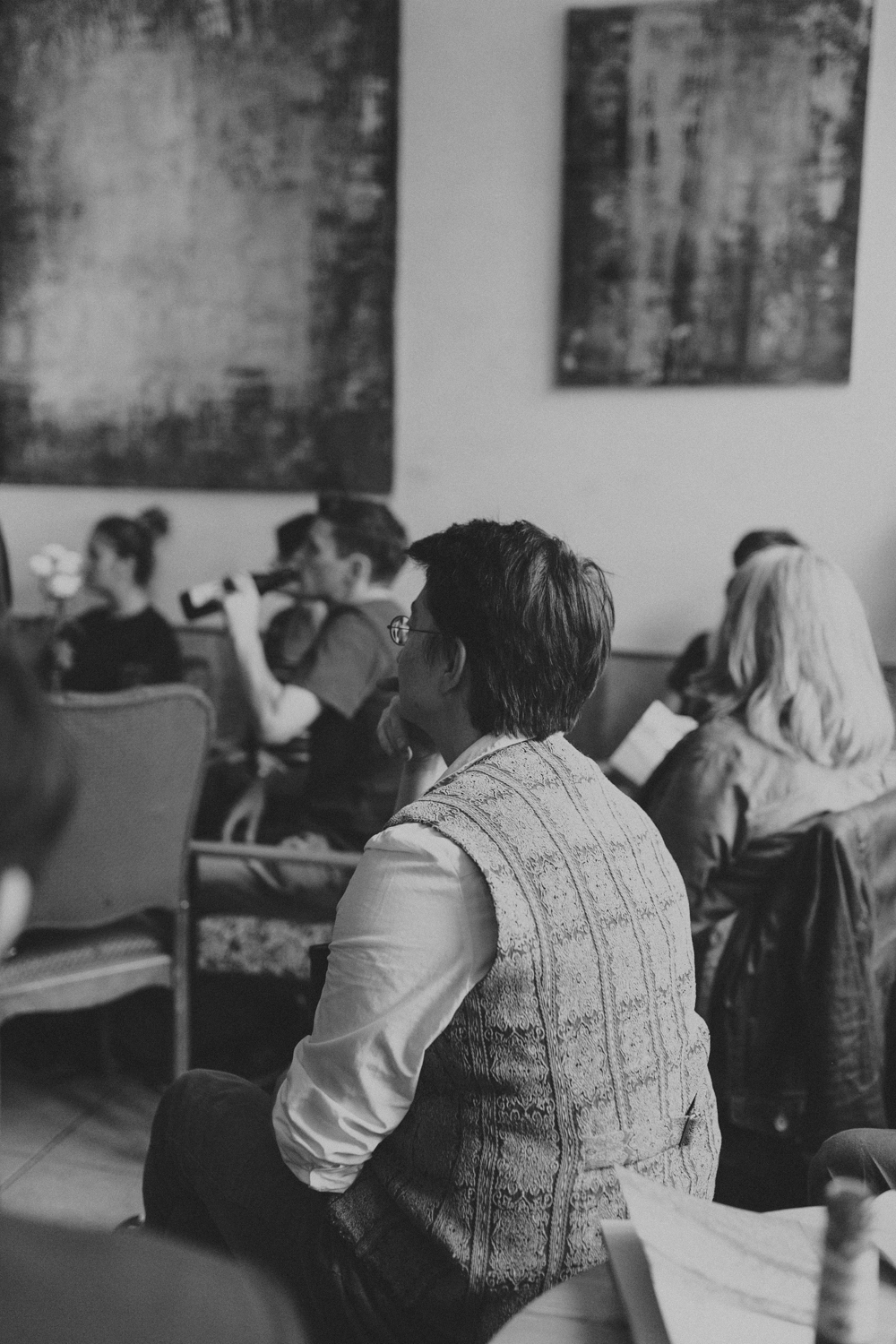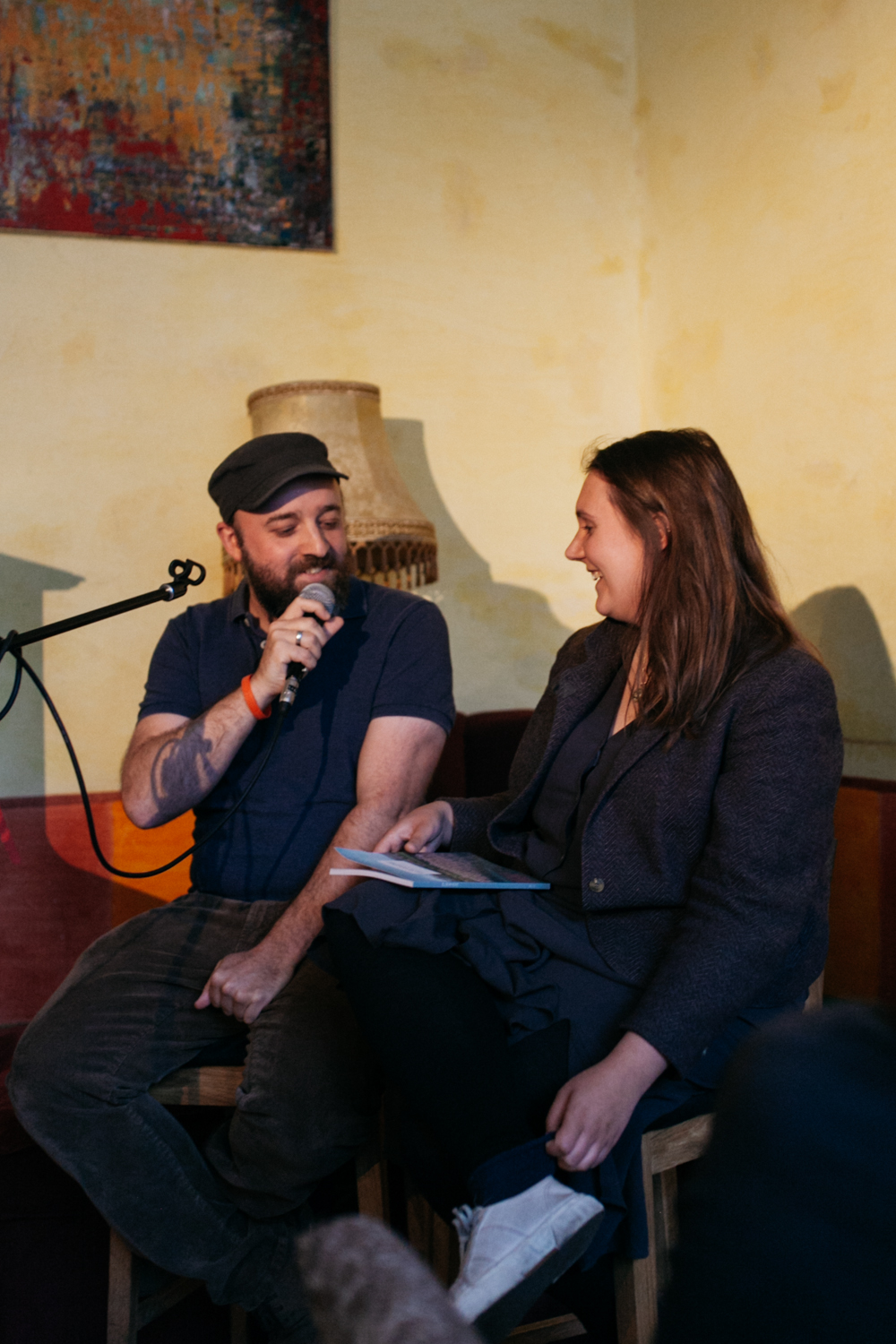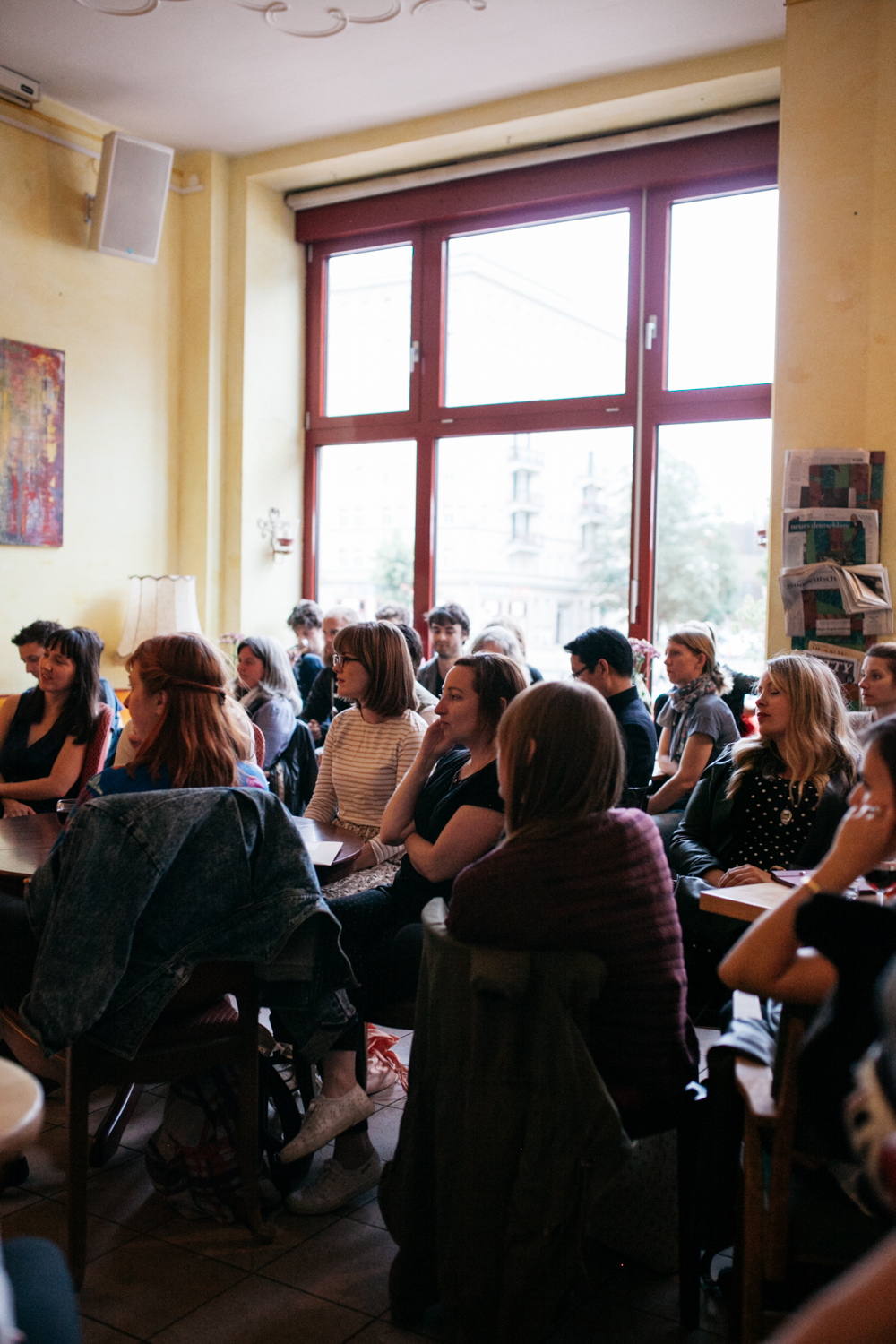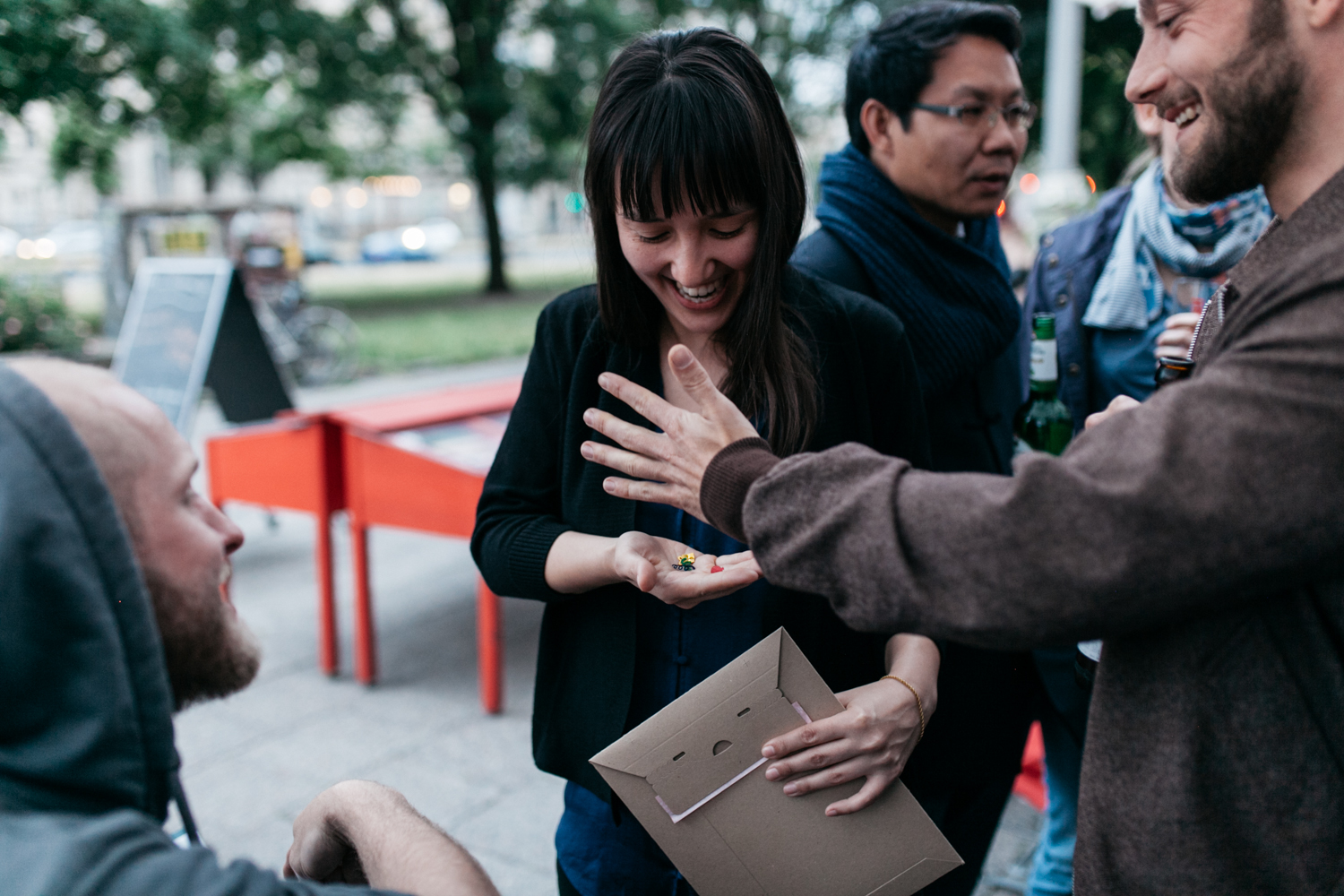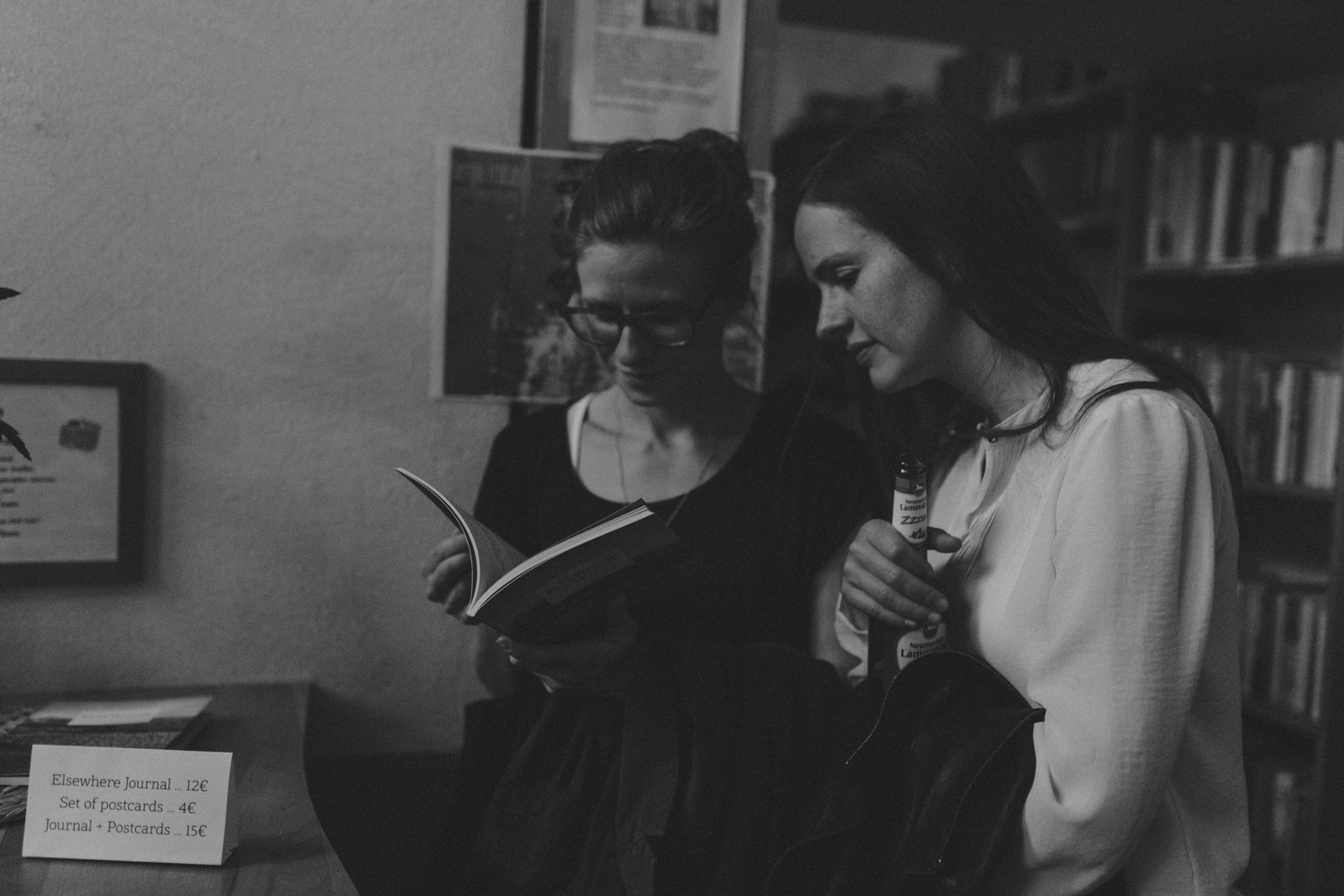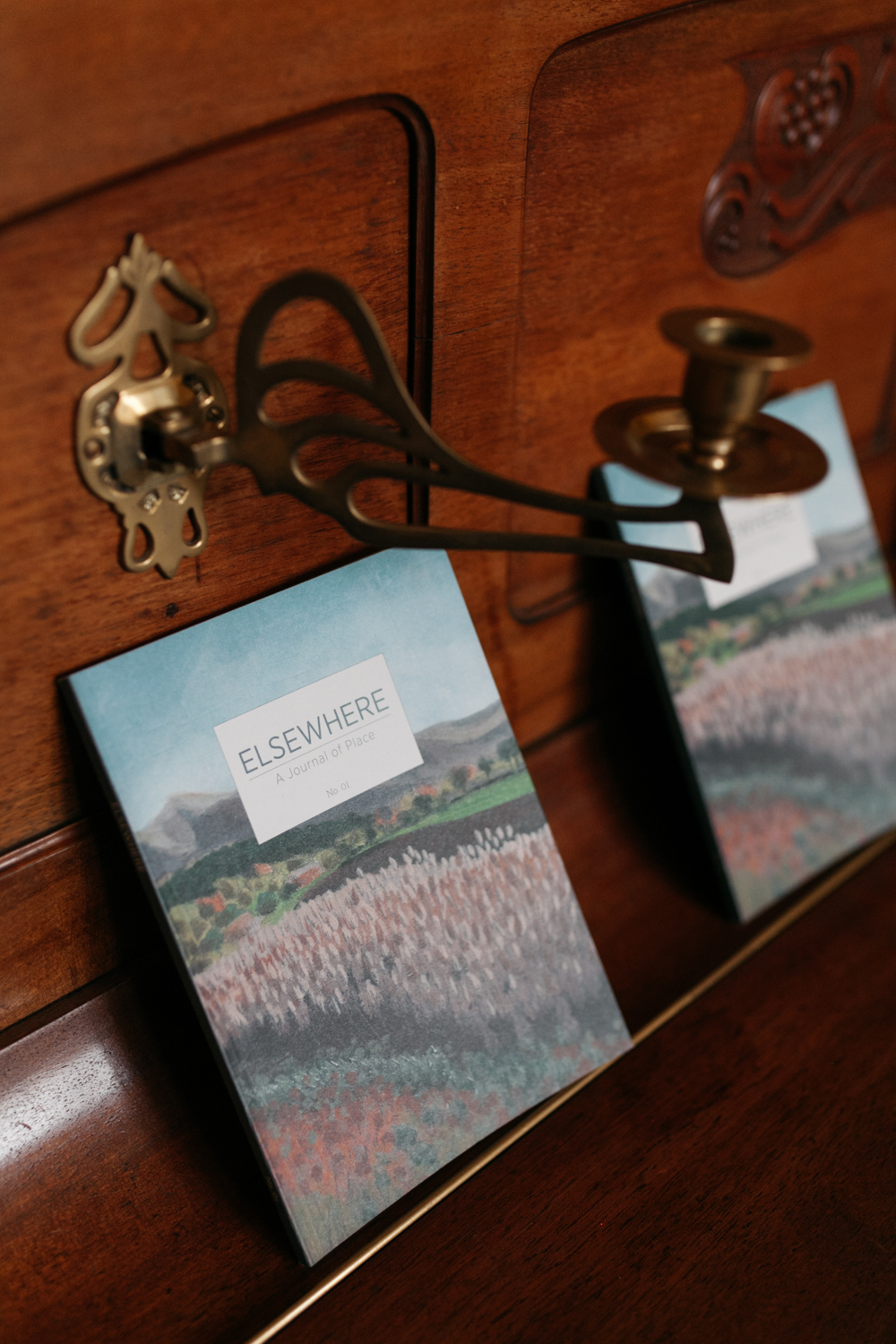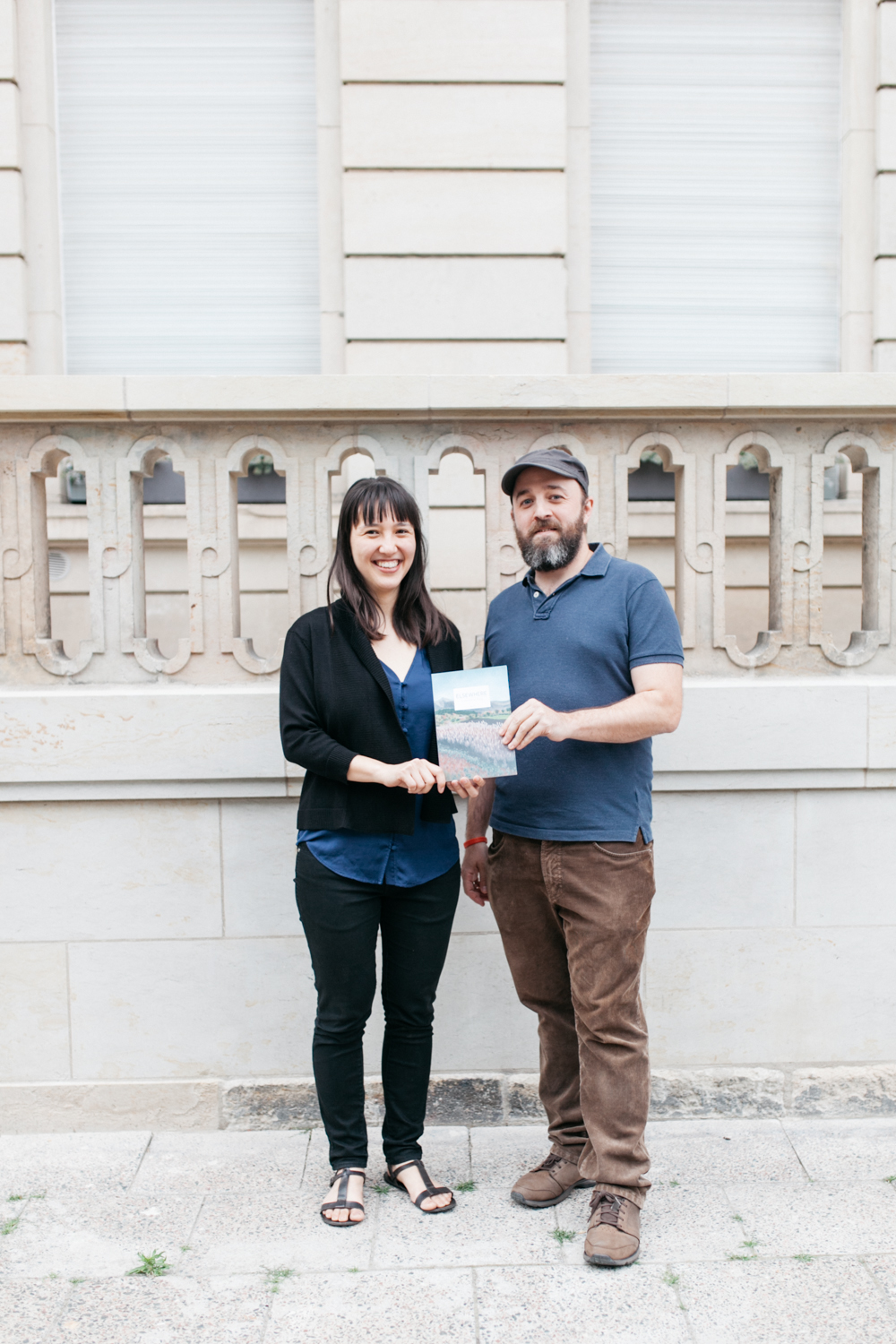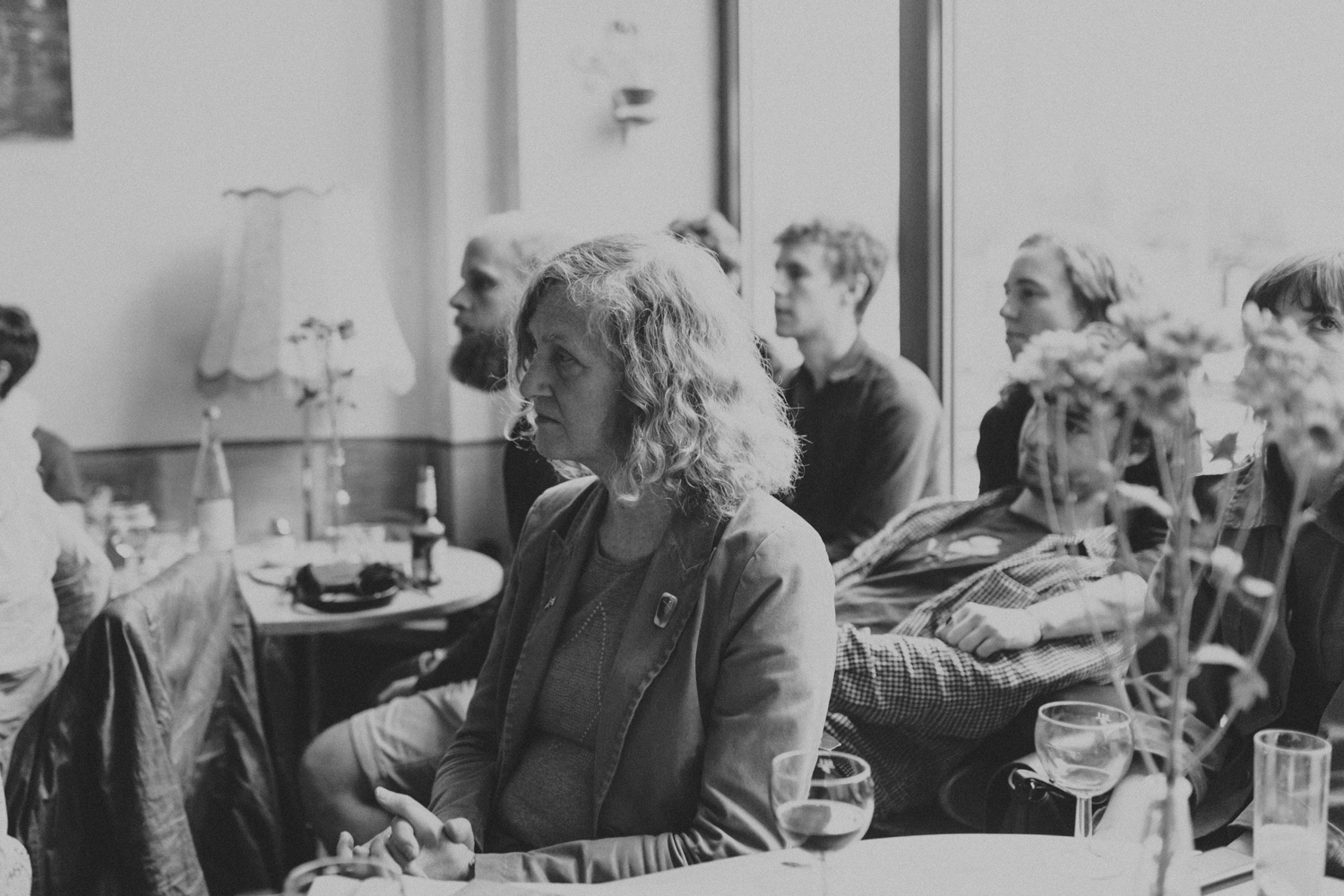Notes from the Road: Walking into the World, Albania
/By Nick Hunt
Always this sense when travelling: will I find it here? Will the great secret reveal itself? Is it around this next corner? The ferry rolls between the mountains and with each bend of the lake the sliding angles of walls and cliffs perform the same kaleidoscope trick. And the secret is never revealed. That's why the boat keeps moving.
Do I move around the world in the expectation of finding something, or to continue the sense of looking for it? The planes of the world slide back and forth, rearranging their perspectives around me, and I am always in the middle trying to get to the end. And in the most wonderful places of the world, it isn't enough just to pause and see – it isn't enough to look. I want to be inside that rock, that mountain, that green sea – I want to be it. But the wonder won't let me in, it only lets me stand at the side and observe. And the beautiful moment slides by, and I'll never remember those shadows and scales, I'll never remember the awe of that peak in the moment of truly watching it, and photos are just the skin of the world, and words are only something.
What, then, am I taking back? Perhaps a ripple in the brain, perhaps a small shift in the architecture. The rock is not changed by my watching it. But watching the rock changes me.
And walking is a way in. Walking takes you from seeing something to being inside it, entering into it – at least, this is the closest that I have learned to get. Walking takes the mind inside with the rhythms of the body. Walking is a way of watching without using the conscious eye – the roll of loose rocks underfoot, the changing light on the trees, the very far white noise of rivers distantly below: all of this is a part of watching, of knowing the world without the egotistical need to understand.
Taking off my clothes just now and climbing into an ice-cold stream, crouching under the waterfall, covering my head with it, was less about getting cool than wanting to get inside what I was seeing, pulling the world over myself like a blanket – trying to be a part of it.Perhaps the secret is in here – but it never is, not entirely. That's why I have to leave, get dressed and walk on.
And then, on the far side of the mountain, having come to a place that approximates paradise, after having climbed and descended paradise, my body and mind are tired enough not to have to think. There are no adequate words for the beauty of those mountains, for their presence or enormous mood, but because I have walked inside them I don't have to try to describe. I feel that the mountains are in my body – in my happy exhaustion I can feel them swelling and subsiding, full of their own special scale and light – I feel full of mountains, and this, I think, is the closest I can get to being them.
But the hardship of the climb, the exertion and the muscle burn, the respect I had to show in placing each foot on each loose rock, of minding the path, of observing the weather, the huge movements of the clouds, the loss of breath, the thirst and sweat – all of that was necessary to reaching the place I've reached. You can't attempt to enter the world without giving something of yourself away – I've given away, fleetingly, the surface part of my thinking brain, with all its anxious needs to understand, all its comparisons and descriptions, and now my mind is small enough to crawl inside what I see and stay there for a while.
That's what feels like paradise – more than the deep green valley, more than the cowbells, more than the river, more than the granite mountains with their nations of dark trees, more than the snow in the ravines – the fact that I have stepped inside, even if it cannot last, the fact that I have glimpsed what is there, even if I won't remember.
Halfway up this stony path I feel an overwhelming need to lie down, flat on my back against the rocks, trusting them to hold me. The rocks are a deep and easy bed, fitting me like a mattress. I wake up to the sheer blue sky, the crows talking loudly in the pines, an eagle very far away announcing its intentions to the world. The mountains have not been changed by my sleeping here.
Thunder over the mountains now. Pigs, horses, cows, sheep, chickens, trees and bending flowers, together under the rain.
Lake Koman ferry -- Valbone -- Theth -- Accursed Mountains, Albania
This piece first appeared on Nick’s blog and we are extremely pleased to have been given permission to republish it here. We are also huge fans of Nick’s book Walking the Woods and the Water and urge you to buy it from an independent bookshop near you.



